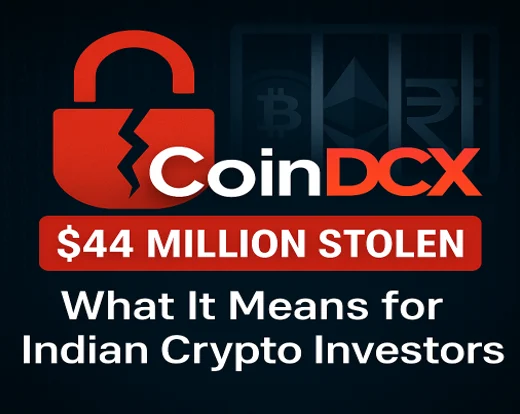
Proposal Aims to Prevent Financial Crime Using Cryptocurrencies, NFTs, and Metaverse
A vote is scheduled for March 28th, in which European Union legislators will consider proposals to prohibit significant transfers of crypto assets from self-hosted wallets that provide anonymity. This initiative is a component of updated anti-money laundering strategies designed to deter the misuse of cryptocurrencies, non-fungible tokens (NFTs), and the metaverse for illegal financial activities.
Details of the Proposal
CoinDesk has obtained documents stating that anonymous crypto transfers exceeding 1,000 euros (US$1,080) would be prohibited for traders unless the customer’s identity can be authenticated or a regulated crypto provider is involved. However, crypto transactions between private individuals, such as significant payments made between acquaintances, would still be permissible.
The original proposal was more stringent; however, it was softened during an internal meeting on March 22. According to the parliament’s plan, European Union (EU) crypto providers would be prohibited from having a correspondent association with any foreign provider that lacks registration or licensure.
The proposition also includes NFT platforms within the ambit of money laundering regulations and subjects decentralized autonomous organizations (DAO) controlled by a specified individual to the same extent. Furthermore, the proposed legislation prohibits businesses from accepting more than 7,000 euros in cash and establishes a novel anti-money laundering agency for the EU, the AMLA.
Approval Process
For the measures to be enacted, both the EU Parliament and the European Council, which represents the member states of the bloc, must reach an agreement. Last year, the Council attempted to prohibit banks and crypto providers from dealing with privacy-enhancing coins, including zcash, monero, and dash, which would have put them on equal footing with anonymous financial instruments like bearer shares.
The parliament’s draft falls short of a complete ban, but it prohibits anonymous crypto accounts and considers the use of privacy coins, mixers, and tumblers as additional factors to consider when evaluating the risks of money laundering.
Conclusion
The proposed anti-money laundering plans reflect the EU’s efforts to address the risks associated with cryptocurrencies and other digital assets. If the proposal is approved, it would significantly impact the way crypto-assets are transferred and managed within the EU. It is a clear indication that the EU is taking a strong stance on financial crime and illicit activities in the crypto industry.
Disclaimer
The information presented in this Blogpost is solely for educational and informative purposes and should not be misconstrued as investment, financial or legal advice. Cryptocurrencies are a highly unstable and speculative market and their worth is susceptible to substantial fluctuations. Therefore, it is advisable to conduct personal research and seek counsel from qualified experts before making any financial decisions.







